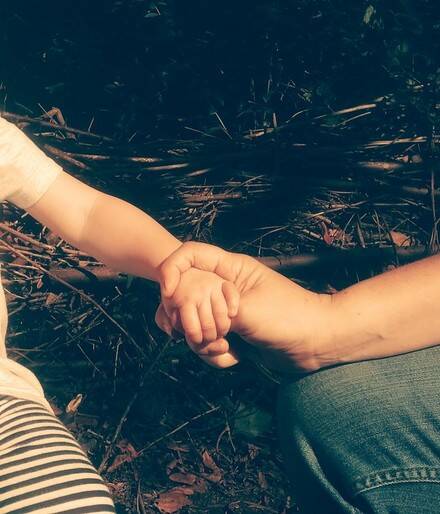Training : The Biology of Child Poverty
This training course is a deep-dive into the effects of poverty on children's growing bodies using the latest scientific and social research. It is tailored to school staff and a background in science is not required to participate.
The course lasts up to an hour and includes time for teachers to discuss how the learning can be incorporated into the school environment.
Testimonial from Assistant Headteacher, Sacha Gillin, Langdon Park School, East London
"We were delighted to welcome Helen Rowe, author of Eliminating Poverty in Britain, to our school for our Teach Meet event. Helen delivered an engaging and insightful talk on The Biology of Poverty, offering a powerful blend of research, clarity, and compassion.
Her ability to communicate complex ideas in an accessible and meaningful way truly resonated with our staff. Colleagues were impressed by her depth of knowledge, relatable examples, and the relevance of her message for educators working with young people every day.
Helen’s presentation not only broadened our understanding but also inspired us to reflect on how we can better support students affected by socio-economic challenges. We are incredibly grateful for her contribution and would recommend highly." (November 2025)

Feedback from Deputy Head, Cristina King, St Luke's Primary School, East London
"I could not recommend Helen's training session on The Biology of Child Poverty enough. The course content was entirely relevant to our school setting, and the community in which we are based, providing new, and much needed, perspectives on the impact of poverty on children and their families, and how this can present itself. Alongside this, Helen provided practical and realistic suggestions for supporting children, with a focus on making these manageable for schools and their staff.
Teachers and support staff alike were engaged throughout the training, and fed back overwhelmingly positively. Thank you! " (2024)

Testimonial from Headteacher, Alexandra Allan, The Aldgate School and CoL Children's Centre, London, EC3.
"Helen's session gave us lots to think about and really helped us to understand how the way we're living our lives impacts our biological development and day to day behaviour, as well as our physical development. It gave us food for thought about our own lifestyles as well as reminding us how important it is to always consider the whole child and not just their behaviours." (2024)
Training Topics include:
- The genetics and neuroscience of poverty
- Teaching children living in poverty
- Suppressed emotions
- Inflammation and stress
- Inter-generational poverty
- Traumatic Brain Injuries
- Touch hunger
- Post-Traumatic Stress Disorder (PTSD) and treatment
- Ultra-processed food and the brain
- Adverse Childhood Experiences and child development

- Sleep Deprivation
- Addiction, inc. obesity
- New ways to support children at school
Breakout groups then discuss their current or future areas of work, and consider the following:
- How can the learning be applied to your work?
- How does the learning make you think differently or more holistically?
- What are the quick wins and longer-term ideas?
- We feedback to the wider group and have a broader discussion.
- We conclude with a list of the next steps that the group or the organisation can take forward and a feedback form.
I can create bespoke packages if there are particular subjects you would like to focus on.